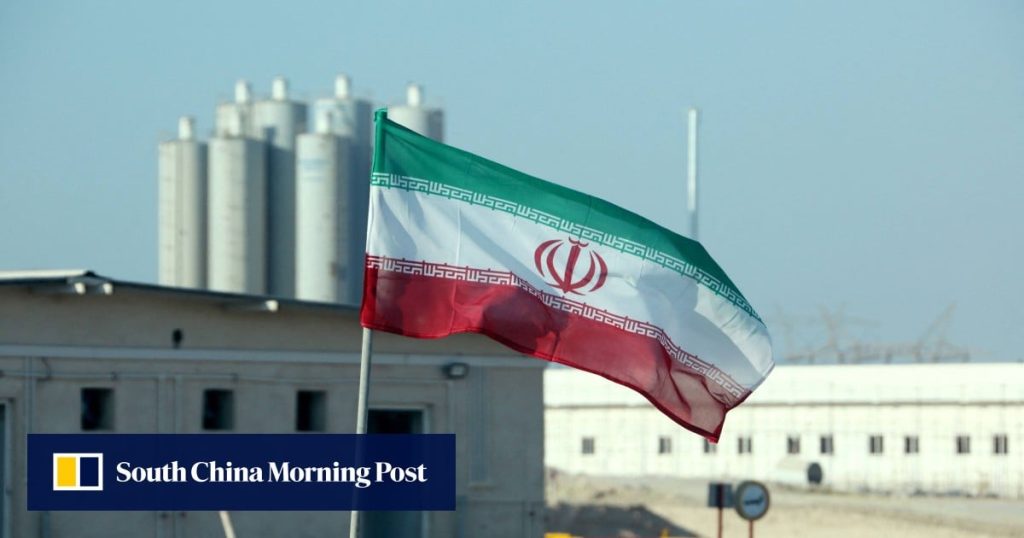If so, the three European powers are likely to trigger the sanctions “snapback” clause of the 2015 nuclear deal – called the Joint Comprehensive Plan of Action – which is set to expire on October 18, on the grounds of Iranian non-compliance.
Iran has dismissed the European proposal to extend the deadline, making it likely that the so-called E3 would initiate the 30-day snapback procedure by the end of this week – in part because Iranian ally Russia, which opposes the move, is due to assume the monthly rotating presidency of the UN Security Council next Monday.
According to Guy Burton, author of the book China and Middle East Conflicts, the threatened snapback of European sanctions is “a strong possibility” because the original Security Council resolution that tied sanctions relief to Iran’s nuclear compliance is due to expire in less than two months from now.
“If it lapses, the UN sanctions regime effectively evaporates. In that sense, the E3’s move towards snapback can be seen less as closing the book on diplomacy and more as trying to extend its shelf life – maintaining leverage over Tehran,” said Burton, an independent analyst who has taught international relations at universities in Iraq, the United Arab Emirates and the Palestinian territories.


